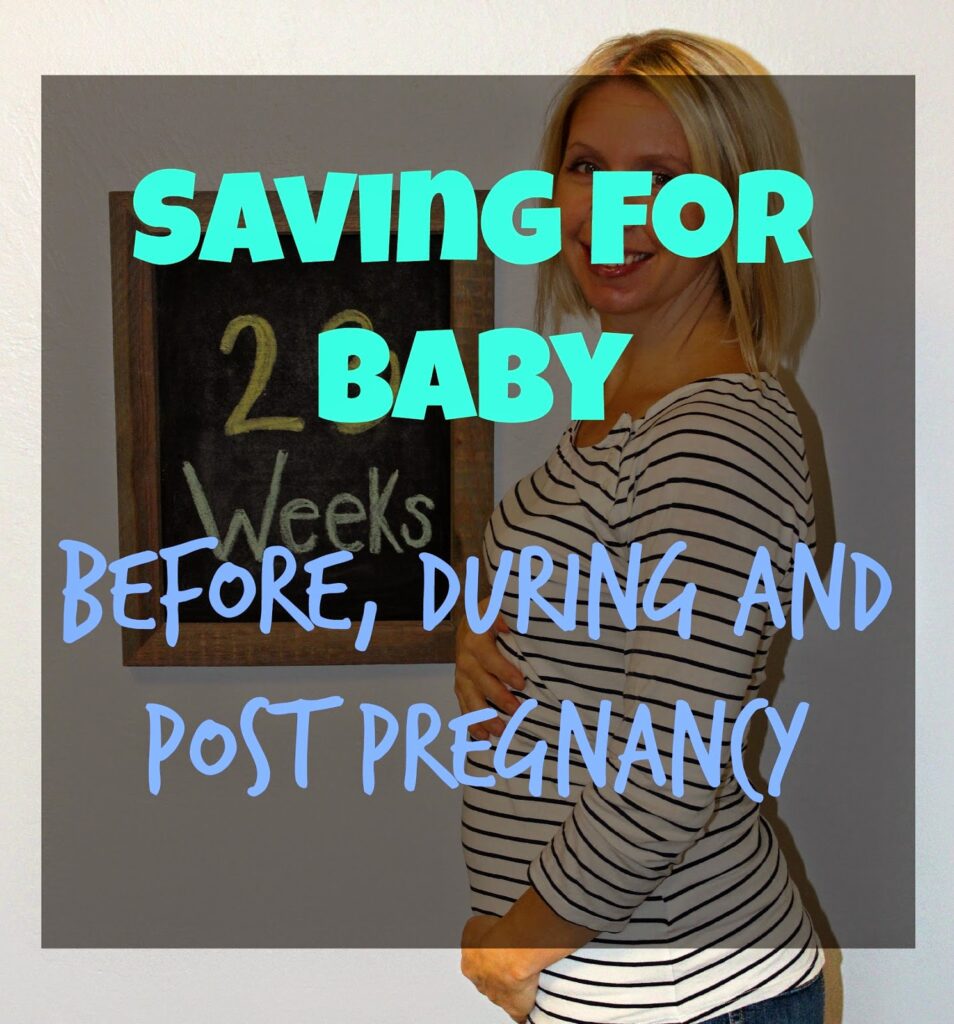So you’re thinking about getting
pregnant. Maybe you already are or just delivered. It’s never to late (or early) to start saving or thinking about insurance plans. Do you know if your
insurance provider covers childbirth? My husband and I have always said we could be one emergency away from financial disaster. It’s a scary thought. Although having a baby
isn’t a disaster it can financially set a family back, but it doesn’t have to if you’re prepared. So where do you begin. I’ll keep it short and simple — this time 🙂
simplest way to put it is the less you pay now means the more out of pocket you
pay later. Before getting pregnant check your plan. Is childbirth even covered
or will you need to buy additional insurance. Always ask what the annual deductible
is and max out of pocket. We pay more now to have a very low deducible and max
out of pocket. This works for our family. Another bonus my husband’s employer
covers 100% of his monthly insurance fee while my employer will reimburse me
up to $300 a month for medical insurance.
- Personal — Start a “baby” savings
account even if you’re five years out from starting a family. Having money
saved before baby will help pay for your insurance deductible and max out of
pocket without needing to work out a payment plan with your doctor/hospital. This
will potentially help you be debt free after delivering your baby! After the baby is born this account will become their college fund. If you think there will be baby #2 start another account you’ll thank me later.
- Flex Pay (aka flexible spending
account) — What
is flex pay? It’s a tax-advantaged financial account that can be typically set
up through an employer. An FSA allows an individual to set aside a portion of
earnings to pay for qualified expenses, most commonly for medical expenses but
often for dependent care or other expenses. Money is deducted from an individual’s
pay check pre-tax and placed into an FSA, resulting in substantial payroll tax
savings.
3. Pay bills on time in full
your bills in full (it’s just good practice). This is where the designated savings account comes in handy. Always ask the hospital if they offer a discount if you pay in full and within
a timely manner. Our healthcare provider offers a 10% discount when paying in full. Combined
with our AMEX 2% cash back we’re saving 12% every time. That’s $120 for
every $1,000! If paying in full isn’t feasible try discussing a payment plan, but remember missing just one payment can negatively affect your credit score. (For more info check out The 2014 Aflac WorkForces Report)
Honestly these tips can be applied to life in general. Whether you’re 18 or 32 it’s time to start planning for your future. Don’t skimp or go without insurance, ever!
Still shopping for insurance? Three reasons to consider Aflac.
- Policies have given policyholders the opportunity to
focus on recovery, not financial stress. - The company’s voluntary insurance policies, which are
designed to supplement major medical plans, pay policyholders directly for
unexpected costs associated with a covered serious illness, injury or
loss. In addition, the cash benefits can be used to help pay rent, gas,
groceries, child care or any other out-of-pocket expenses a worker may
have. - Offers accident, dental, life, vision, cancer, hospital
intensive care and more voluntary insurance policies.
I was selected for this opportunity as a member of Clever Girls Collective and the content and opinions expressed here are all my own.




